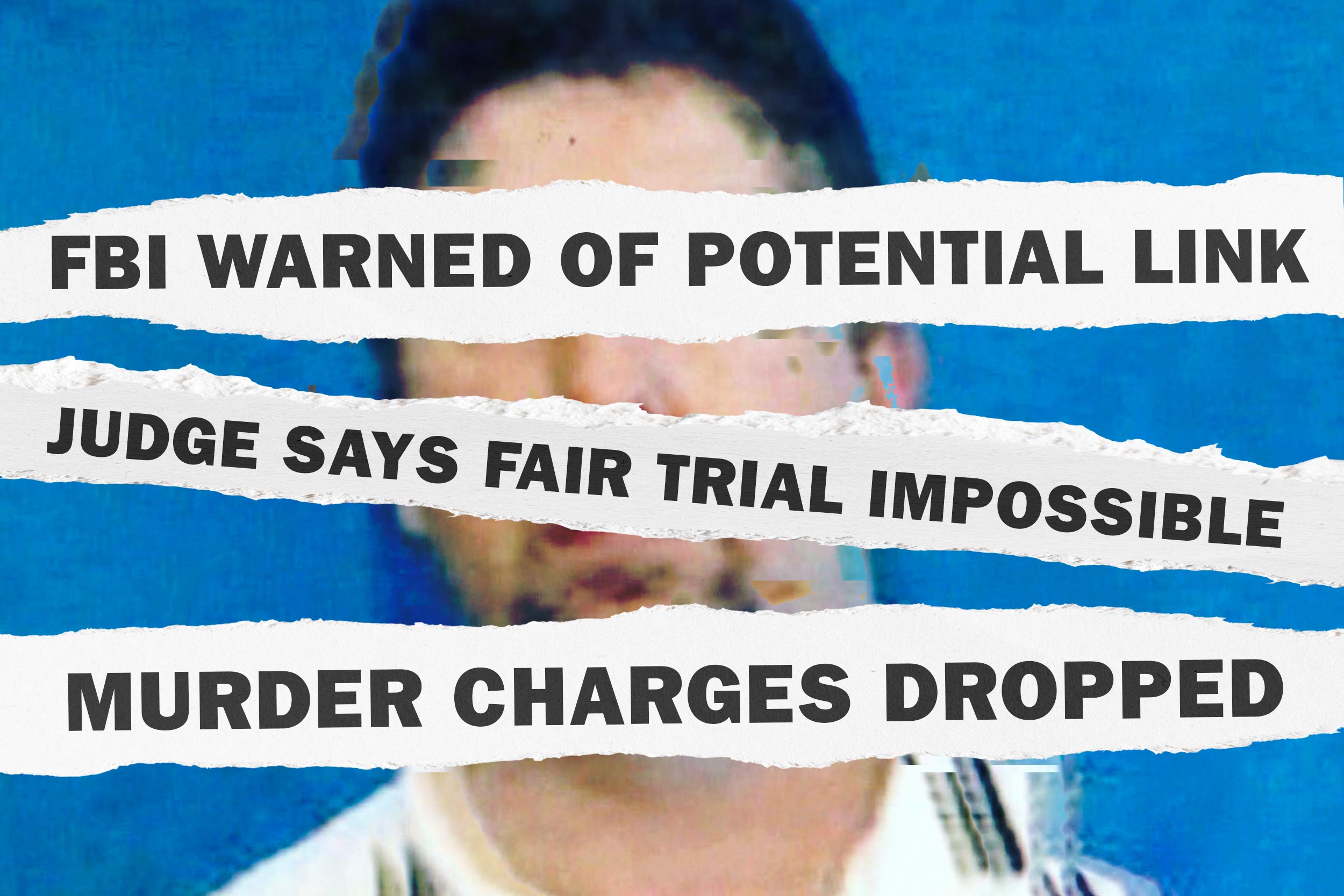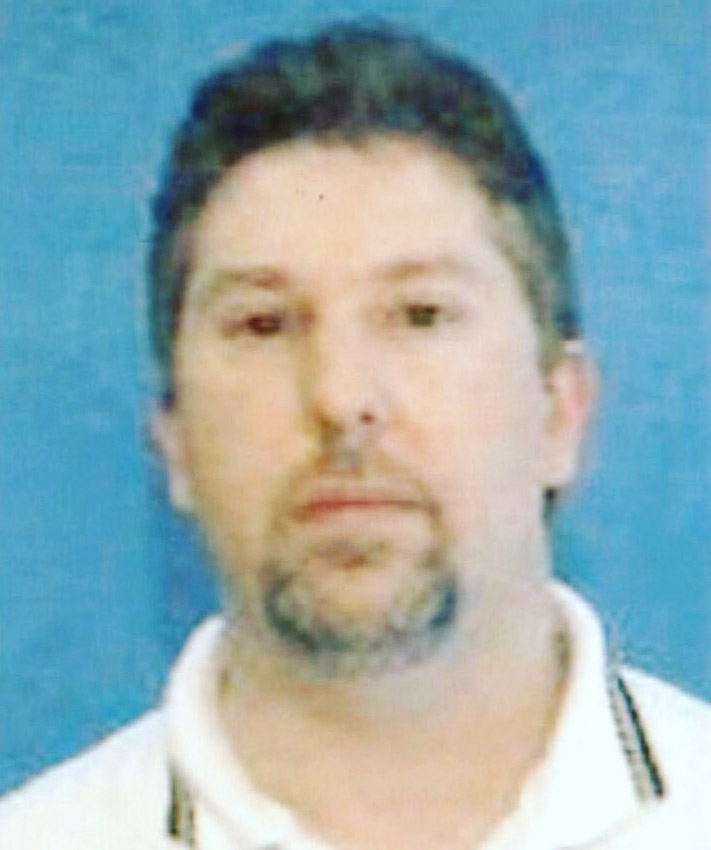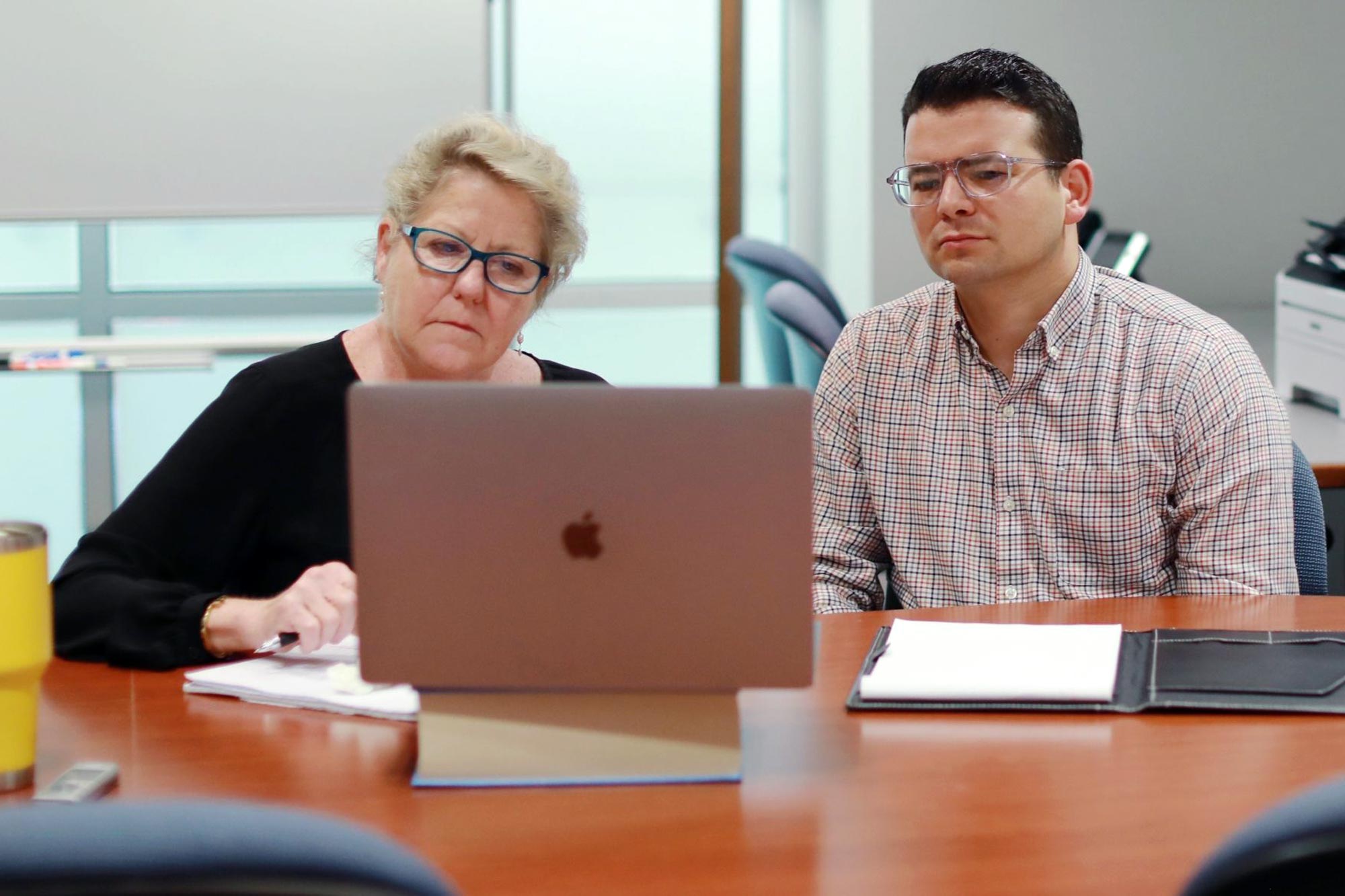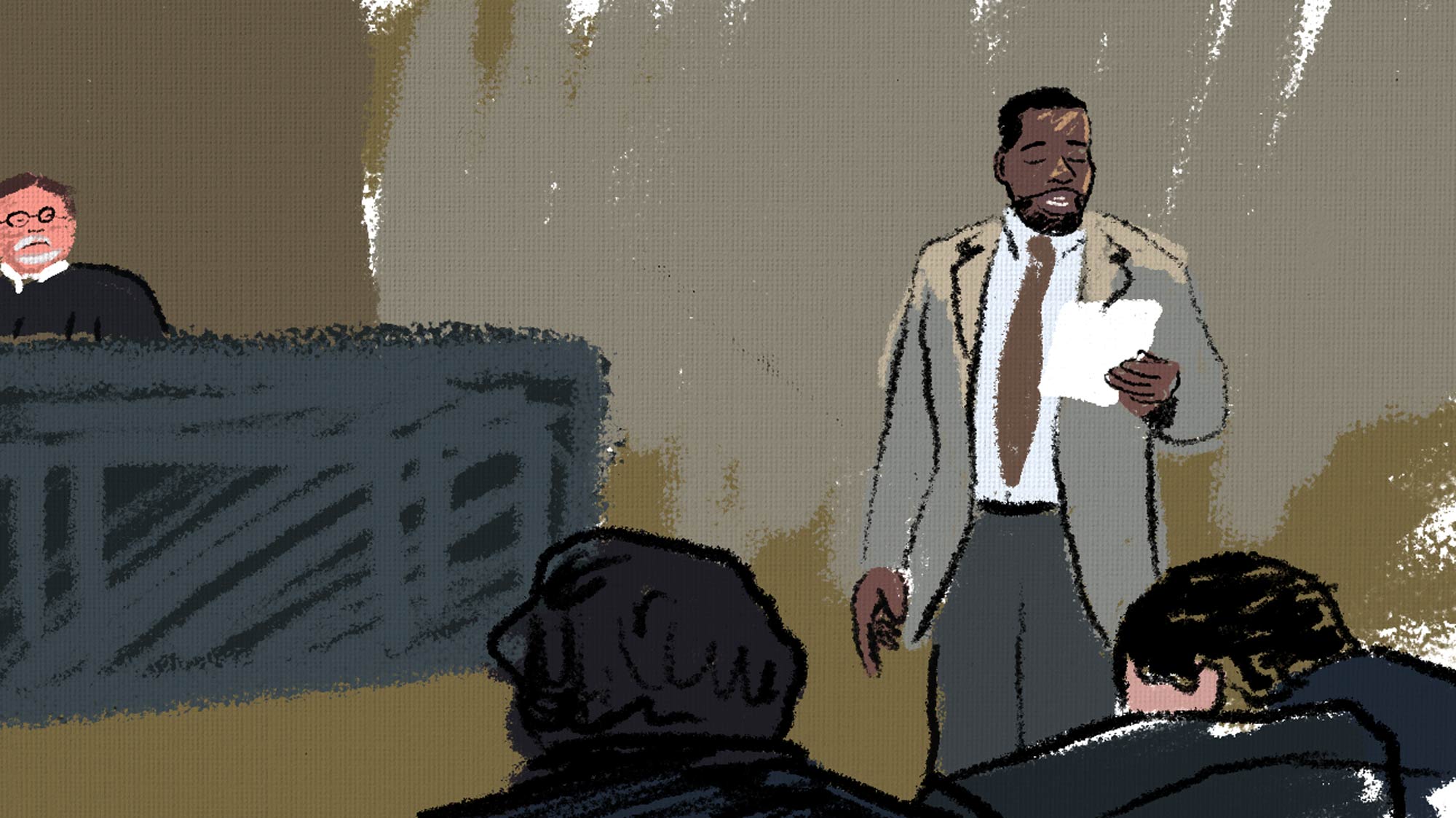Challenging a murder conviction is part science, some gumshoeing, a lot of law and a hefty dose of psychoanalysis, as University of Virginia School of Law professor Deirdre Enright knows well. Enright spent 13 years running the Innocence Project at UVA Law before stepping aside to create a new clinic in 2021.
To free an earlier Innocence Project client from prison, Enright dug deep into the life and mind of a deceased serial killer – who was not her client – to establish his genetic composition, his physical whereabouts, his modus operandi and his fetishes.
The information she’s collected on the known serial killer, Richard Marc Evonitz, is enough to fill dozens of file cabinets and raise questions about the guilt of an aging couple accused of killing their 5-year-old son, Justin Lee Turner, decades ago.
On June 7, a judge dismissed murder charges against Victor Lee Turner and Megan R. Turner “with prejudice,” meaning the couple cannot be charged for the same crime again, citing a lack of new evidence to support the state’s newly filed charges and paucity of remaining eyewitnesses 35 years after the crime.








